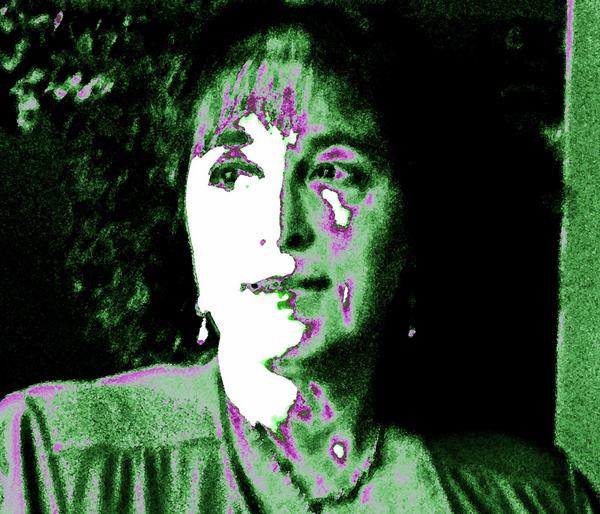ACROSS THE UNIVERSE:
THE BEATLES, THE 60'S AND COSMIC CLOCKWORK
With Obama stirring up everyone's hopes with his charismatic vision and presence (he is a Leo, so it comes naturally) plus the added glamour of the Kennedy clan passing on JFK's torch to him; with the war in Iraq echoing the war in Vietnam; with the call for CHANGE getting louder and louder, is it any wonder that pundits are comparing or downplaying the echoes to the 60s we're all feeling?
I don't know about you, but I lived through the 60s and I just know they're back! It's a feeling, it's the similarities of social unrest – and it's something more cosmic. I know it because among the many things I do, I am an astrologer. I know that a cycle that began in the mid-60s is coming up to its first crisis point in 2010 and some of the planets that formed that cycle are now transiting the degrees that were so important for the 60s. These energies are stirring up the pot – change is in the air. But what are we going to do about it? Because all the good energy in the world can go to waste unless We The People do something. And that especially includes our Artists, for they can give us a deep perspective on what's happening to us and to the culture.
Now before you reject the idea that Astrology has any pertinence to this energy of change we're feeling, please read on. My astrologer friend Caroline Casey says, “Believe nothing. Entertain possibilities! Astrology is not a belief system; it is a [symbolic] language of the dynamic interplay between our interior life and the exterior world.” All we can do in the face of the immensity of life is to entertain possibilities. Why not imagine, for a moment, that these possibilities exist? That we are connected to our planet, to our solar system, to our galaxy, to each other. Scientists know that we are affected by the Solar cycle of sunspot activity as well as by the Moon's cycle. And did you know that most of Western civilization's greatest philosophers and scientists were also astrologers? Check it out for yourselves.
But before I talk more about the astrological influences of our times, I want to say that Julie Taymor's brilliant movie “Across the Universe” brought me right back to the 60s on a visceral level. This movie could have come right out of John Lennon's imagination: the movie could have been made by the Beatles – it has the feel of who they were and what they did together. So if John and George are listening from the Beyond, and to Paul and Ringo, I want to thank the Fab Four for giving us another chance to really hear their music and amazing lyrics, and re-visit their music's significance for all our lives during those wonderful, turbulent, tumultuous years.
First, though, I want to talk about the archetype of the Bard, because we need to understand why our artists are so important to our lives and to these times of change. Archetypes are the patterns that shape our human consciousness. They are the images of the instincts that make us human. The archetype of the Bard acknowledges our collective need to understand ourselves through images, to give coherence to our lives through stories and song. And because of that need within humanity, some people resonate with this archetype and are called to became the storytellers of their tribes. Bards help shape their societies by singing about the shared values of the tribe, teaching the next generation about their duties, their capabilities, and their place in the world. Stories from the desert speak of the need to share everything, for otherwise no one survives in the harsh landscape. The stories of the Celts shaped their view of warriors as being sensitive, boastful, brave and honorable. Troubadours of the Middle Ages shaped their society through their songs of courtly love. Bards are the ones who remember, the poets, the news-givers, the truth-speakers, and the visionaries of their people who see the truths of their times and give their people a perspective on them.
All ancient peoples had someone who represented this archetype of the Bard, the storyteller, the singer of songs. In those societies, Bards were highly honored, and they had the power and the responsibility to influence their people's beliefs. In our modern culture, our singers and storytellers are still honored with money and fame, although not many are worthy of being called True Bards. Those who are in it for the money and fame are the ones we call entertainers. Because most entertainers don't take their responsibilities as Bards seriously, we sometimes forget that our artists really have this power to teach us about our world, for the power of the Bard resides in the Imagination.
(Note: You can view every article as one long page if you sign up as an Advocate Member, or higher).





